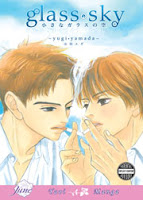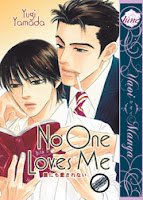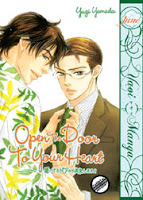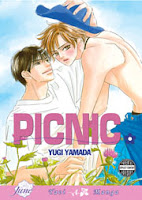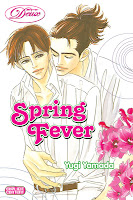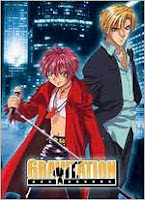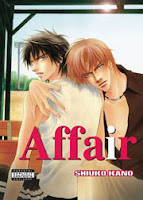 And the winner of the 801 Manga Giveaway is…Linda Liu!
And the winner of the 801 Manga Giveaway is…Linda Liu!
As the winner, Linda will be receiving a new copy of Shiuko Kano’s boys’ love collection Affair as published by 801 Media. This giveaway was a part of the Boys’ Love Manga Moveable Feast and so I asked entrants to tell me about a boys’ love or yaoi mangaka that they would like to read more of in English. (See the 801 Manga giveaway comments for all of the responses and juicy details.) I’ve compiled the list of creators who were mentioned along with any of their manga that I know of that have been licensed in English. (Or, in the case of CLAMP, a small selection of their available manga.) A great way to encourage publishers to release more of mangaka’s work in English is to make that sure their current offerings do well!
First, those creators who have yet to be licensed in English:
Nojiko Hayakawa
Junko
Akira Kamuro
Neko Kanda
Yonezou Nekota
Hiroi Takao
And now, those creators currently available in English:
CLAMP (a small selection)
Cardcaptor Sakura
Clover
Legal Drug
Tokyo Babylon
Wish
X
Lily Hoshino
Alone in My King’s Harem
Chocolate Surprise
Love Quest
Mr. Flower Bride
Mr. Flower Groom
My Only King
Saika Kunieda
Future Lovers
Asumiko Nakamura
Utsubora: The Story of a Novelist
(not boys’ love, but still very good!)
Muku Ogura
Castle Mango
Secrecy of the Shivering Night
Sentimental Garden Lover
Kaim Tachibana
Boys Love
Pieces of a Spiral
Kotetsuko Yamamoto
Blooming Darling
Doki Doki Crush
Love and Trap
Mad Cinderella
New Beginnings
Tweeting Love Birds
Thank you to everyone who visited Experiments in Manga and entered the giveaway! I hope to see you all again for the next one, too.


